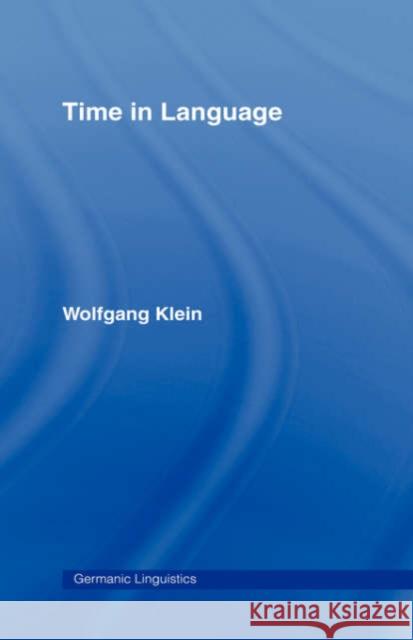Time in Language » książka
Time in Language
ISBN-13: 9780415104128 / Angielski / Twarda / 1994 / 260 str.
Time in Language
ISBN-13: 9780415104128 / Angielski / Twarda / 1994 / 260 str.
(netto: 720,05 VAT: 5%)
Najniższa cena z 30 dni: 654,86
ok. 16-18 dni roboczych.
Darmowa dostawa!
Why is it awkward to say that "Napoleon has been dead" in lieu of "Napoleon was dead?" What aspect of "John has arrived at seven o'clock" leaves an odd ring in the ears and mind? Why do languages often depend on redundant expressions in order to convey temporality and temporal shifts?
In "Time in Language," Wolfgang Klein examines these questions and others in this original study of the ways in which time encodes itself within language. Casting a penetrating look at problems of tense and aspect, the present perfect puzzle, the duration puzzle, and the semantics of temporal expressions, Klein considers lexical features of verbs, temporal adverbials and particles, and other means at languages' disposal to express temporality. As a unique intervention in the field of linguistics, Klein's study of language and its semantic temporal devices not only makes an important contribution to the field which has traditionally neglected such structures of speech and writing, but also provides an indispensable overview of all the problems shrouding the complexities of tense and aspect in language.











